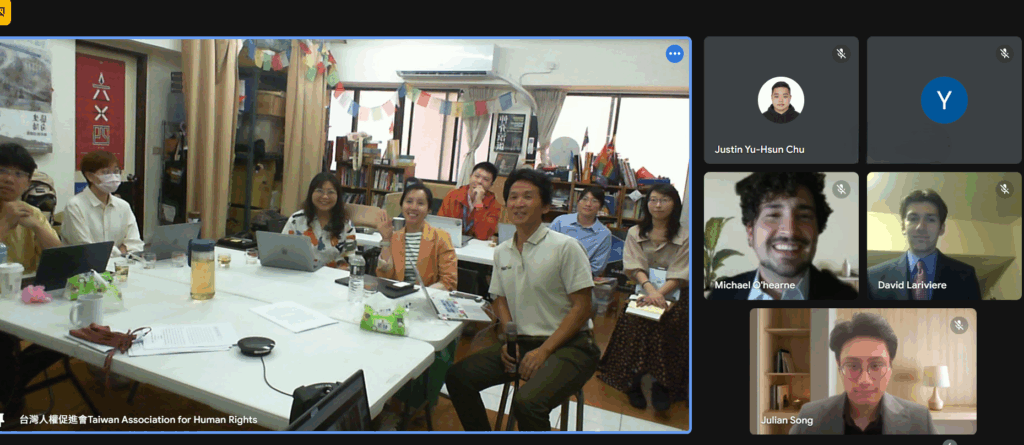On December 22, 2020, Open Net filed a lawsuit on behalf of the operator of the Womad website against the Daejeon Election Commission, seeking to cancel the request for deletion of internet posts on the Womad website that violated election laws.
Article 82-4, Paragraph 3 of the Public Official Election Act grants each level of election commission the authority to order the deletion of online posts deemed to violate election laws. Since Open Net began requesting information disclosure in 2016, it has been revealed that a vast number of online posts have been deleted under this system: 17,101 cases in the 20th general election, 40,222 cases in the 19th presidential election, and 54,716 cases in the 21st general election. Many of these deletions appear to be based on arbitrary interpretation by the election commission, and have been pointed out as a factor excessively inhibiting freedom of political expression during election periods.
The deletion request by the Daejeon Election Commission, which is the subject of this cancellation lawsuit, was made for posts on the internet community ‘Womad’. These posts included content criticizing a reporter who, while reporting on the fact that many proportional representative candidates from both ruling and opposition parties had criminal records, only specifically mentioned two female candidates in the title. They also included content quoting and criticizing an article about an unidentified man throwing a stone at a party member who was campaigning for a proportional representative candidate of the Women’s Party.
The Daejeon Election Commission judged these posts to be in violation of Article 110, Paragraph 2 of the Public Official Election Act, which states, “No one shall publicly disparage or insult specific regions, regional people, or genders in relation to political parties, candidates, candidates’ spouses, direct ancestors and descendants, or sibling for the purpose of election campaigning.”
However, this provision of the election law is itself highly unconstitutional, as it can be applied to expressions that do not significantly risk impairing the fairness or peace of elections, based on the arbitrary interpretation of the judge, as in this case. Even when applied, it should be limited to cases that have the character of ‘election campaigning’ aimed at promoting the defeat or election of specific parties or candidates.
The posts subject to the deletion request do not have the intention of such election campaigning, and there is no content that publicly disparages or insults specific regions, regional people, or genders ‘in relation to political parties, candidates, candidates’ spouses, direct ancestors and descendants, or siblings’. However, the Daejeon Election Commission seems to have judged it as a violation of this provision on the grounds that derogatory insults towards men, such as ‘han-nam XX’, were used during the election period. This is an illegal disposition based on an arbitrary interpretation of the legal basis.
Furthermore, these posts are expressions of high value that should not be carelessly deleted, as they contain content intended to point out media behavior that promotes prejudice or attacks against female candidates during the election process, and to criticize actions that can be seen as a kind of misogynistic crime, violently interfering with the election campaign of a party with feminism as its agenda.
This case clearly reveals the problem of how excessive expression regulation clauses in the Public Official Election Act, coupled with the election commission’s comprehensive censorship authority, are being widely abused, unjustly infringing upon citizens’ freedom of political expression on the internet during election periods. We hope that the court will make a wise decision, presenting constitutional interpretation standards for Article 110, Paragraph 2 of the Public Official Election Act, and that this will serve as an opportunity for the election commission to exercise its right to request deletions more cautiously, carefully judging whether there are violations of election law.


0 Comments